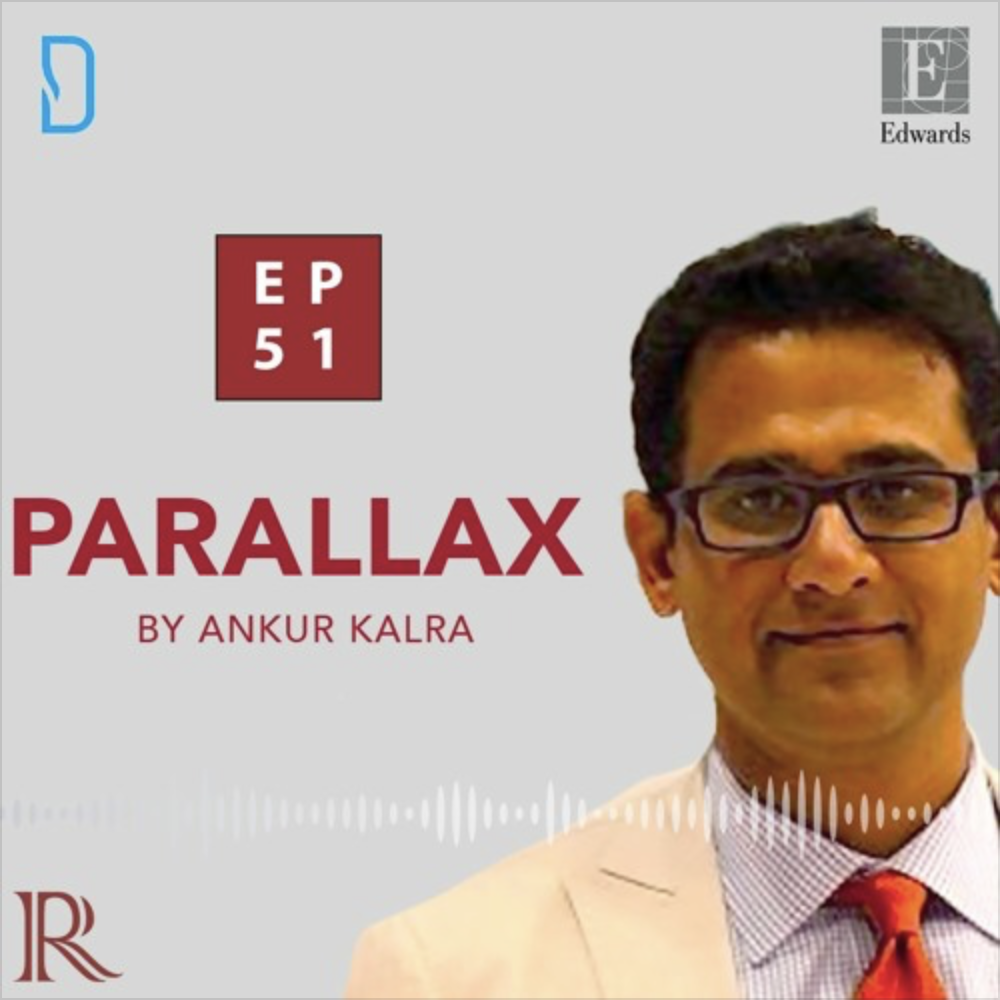
Dr. Bansilal was an Assistant Professor of Medicine at the Icahn School of Medicine at Mount Sinai when he decided to seek out an alternative pathway to make an impact on patients’ lives.
This week, Dr. Ankur Kalra’s guest is Dr. Sameer Bansilal, Executive Director of U.S Medical Affairs of Cardiovascular and Renal at Bayer Pharmaceutical.
After years with the TIMI Study Group, Sameer decided to leave academic medicine to join the pharmaceutical industry. He was not alone with this career move; Dr. Jessica Mega had just joined Google Life Sciences and Dr. Laura Mauri became the Vice President of Medtronic. The image of being a physician at pharma was going through a change. In this informative and honest conversation, Sameer shares his personal journey and the transformation required in his new job. Ankur and Sameer talk about expanding our views and our pilgrimage as readers. Ankur asks Sameer about the positive and negative aspects of his current job. Sameer addresses some of the preconceptions related to physicians working for the industry and shares his advice for early and mid-career cardiologists who are considering this option.
Questions and comments can be sent to “podcast@radcliffe-group.com” and may be answered by Ankur in the next episode.

Brought to you by Edwards: www.edwardstavr.com
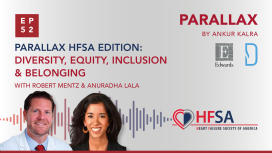
In this practical and insightful episode, Dr Kalra asks what does diversity, equity, inclusion and belonging mean to the editorial board of JCF and what were the steps taken to put these principles into practice.



Tune in to discover the strategies that Dr. Kalra and Dr. Alasnag are currently employing and gain insights into how these data will shape their future decision-making in the catheterization laboratory. Don't miss this informative discussion at the forefront of interventional cardiology.

As we adapt to the changes brought about by the pandemic, Dr Singh outlines the necessary steps to foster a reality in which we can utilize these technologies to create more time for human connection.

Dr Owens is Medical Director of the Center for Inherited Cardiac Disease and Associate Professor of Medicine at the Hospital of the University of Pennsylvania.
This series is supported by an unrestricted educational grant from Bristol Myers Squibb. Please see www.camzyosrems.com for important safety information.
This content is intended for US-based physicians.
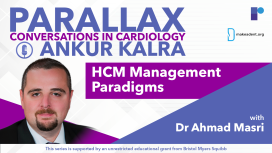
This series is supported by an unrestricted educational grant from Bristol Myers Squibb. Please see www.camzyosrems.com for important safety information.
This content is intended for US-based physicians.
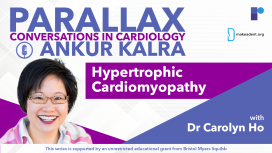
This series is supported by an unrestricted educational grant from Bristol Myers Squibb. Please see www.camzyosrems.com for important safety information.
This content is intended for US-based physicians.
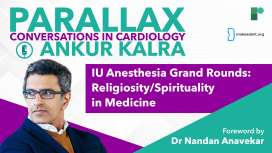
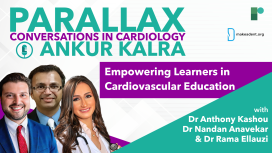




What is the Global Cardiology University project? How does Dr Anavekar encourage trainees to re-examine their role in patient care? What is his advice to our listeners?

As Dr Kalra asks Dr Rao about the ways in which early career faculty members can get involved with the organization at a state level. Dr Rao shares his insider tips and highlights key events where individuals can further their participation.
How can you get involved with your local ACC chapter? How can you improve your leadership skills? What is Dr Rao’s advice for our listeners?

He explains how the complexity of nutrition and the compounds generated by the gut microbiome can impact our health. We learn more about three compounds produced by our gut microbiome that have a strong connection with heart disease.
Through this conversation, Dr Vuyisich invites us to reframe our approach to nutrition and prevention as a question of food education and data-driven science.





